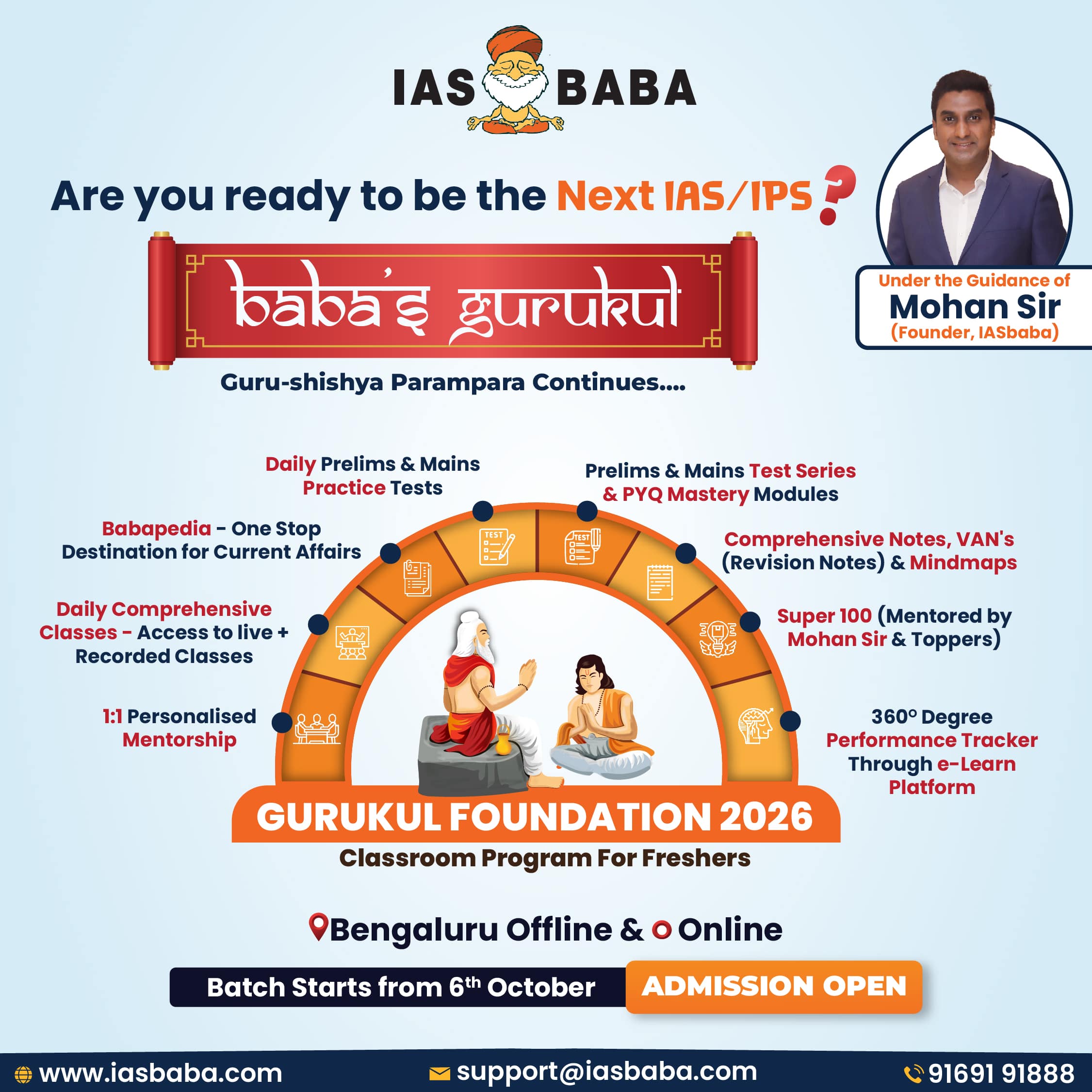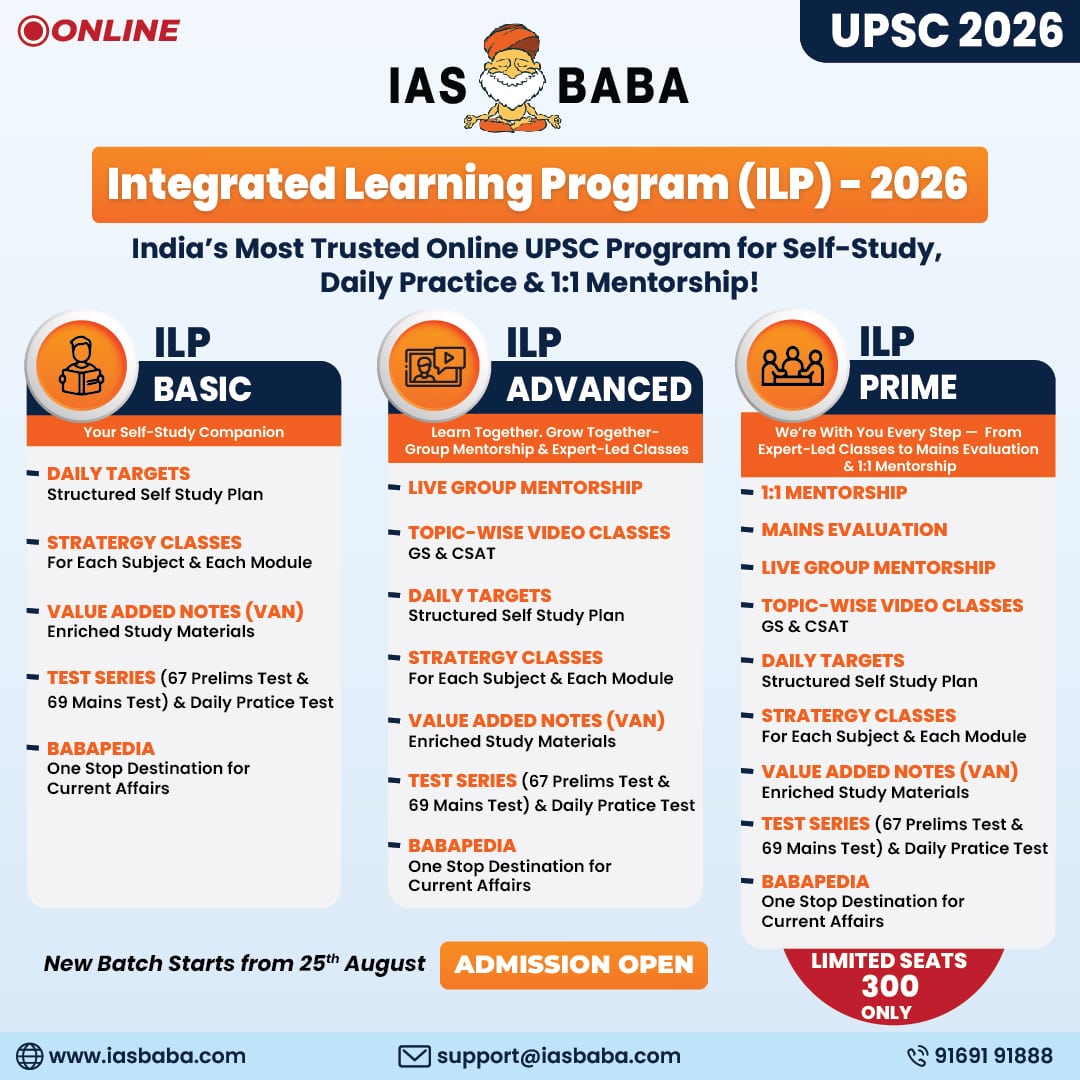Think and Learn, TLP Mains 2015, UPSC, UPSC Mains- Think and Learn-2015
TLP: GS Mains Synopsis [Day 53]
Q.1) In the Westminster tradition, the Speaker sits at the heart of the Parliament, as mediator between government and opposition and as the sole authority in the parliament. Explain.
The Top Answer for this Question is written by – Vikrant Madhusudhan Parab
Ans) In India speaker is elected among the members of the parliament and his primary role is to conduct the working of parliament.
Sits at heart of Parliament
The chair on which speaker sits is the place from where command is given to start the business of the house, summon, adjourn etc. It means most of the functions are initiated by the speaker without whom the parliament wont function properly just as body without heart.
Mediator
Speaker acts as a neutral person in discussion which takes place between Govt and opposition. When the discussion is taking place speaker does not tend to favour the party to which he belongs so as to ensure neutrality. (eg- when 2G, Coal scam etc were discussed and were criticized by opposition, speaker maintained his neutrality by not favouring the Govt)
Sole authority
Speaker has right in various matters which makes him sole authority. Eg- When discipline in not maintained in house during debates he/she can adjourn the house for days. He has been given the power to decide whether a bill is money bill or not. Various other matters like removal of Judges of SC cannot be initiated without his/her approval, removal of members on grounds of defections etc are decided by him gives him much power.
So, westminister tradition is highly reflected in our Constitution wrt to speaker which makes the seat of speaker vital !
Q.2) Over the years, ordinances have turned what were supposed to be exceptional powers into procedural device to outmanoeuvre Parliament. Justify with suitable examples.
The Top Answer for this Question is written by – Yogesh Bhatt
Ans) Ordinance is a constitutional mechanism provided for extra ordinary situation when parliament is not in season. Under Article 123 this power is for president and under 213 it is available to Governor for exercising authority on the advice of respective governments. Over the period of time it has been emerged as one of the most debated and controversial power to executive power because
1- Ordinance has been frequently used as constitutional tool to sideline the legislative process; in 1987, Wadhwa vs state of Bihar case, government was pool down by SC on this regard.
2- Present government come out with ordinance on LARR act which criticized in all section. While draft act on LARR was with parliament standing committee, it was excess use of ordinance to pass it again and again.
3- Bank Nationalisation decision in 1969 was also taken through ordinance route which considered as political move than constitutional need to get mileage in elections.
Ordinance is legacy of 1935 act and since independence all the governments have been used it. In spite of continuous demand in SC to strike down it as unconstitutional, SC has not taken such extreme effect because of its potential good. Same need to understand by executives also before using ordinance as it was not the intention of constitution makers to use it as substitute of legislative process.
Q.3) Principle of Judicial Review has been used in the past by the Presidents to avert the imposition of President’s rule. How?
The Top Answer for this Question is written by – GP2015
Ans) The principles of Judicial Review had been set by Supreme Court as follows:
- The majority enjoyed by the Council of Ministers shall be tested on the floor of the House.
- Center should give a warning to the state and a time period of one week to reply.
- The court can question the material behind the satisfaction of the President.
- If there is improper use of Art 356 then the court will provide remedy.
- There is a limitation on the powers of the President under article 356.
- Art 356 is justified only when there is a breakdown of constitutional machinery and not administrative machinery.
The Presidents in the past had been considered the principles on imposing the President rule in order to avoid any embarrassment from the supreme count in case if it uses the power of Judicial review. President K.R. Narayanan averted President’s rule in Bihar in 1998 based on consideration of these principles.
Q.4) The cost of more fragmented Lok Sabha has been the increased time in passing of government bills and an increase in the number of Private Member’s Bills. Do you agree? What effect does it have on the functioning of the Parliament?
The Top Answer for this Question is written by – Vidhu
Ans) The Indian parliamentary system is quite unique in itself as it allows multiple parties to get elected and form part of the legislature. Coalition form of governments and more political literacy of the people has led to fragmentation of the legislatures. This has created delays in passing legislations due to :
- Difference in ideologies of the parties
- Compromise politics in order to garner support by the governments
- Attitude of show of strength and obstruction by partiesfor local gains
- Difference in the committees which lead to lack of consensus and delay
These activities eat a lot of time of the parliament and lead to delay in legislation. Non-government members are then forced to bring out bills addressing key issues which otherwise get overlooked by the government. The recent bill giving rights to transgenders was brought as a private bill. The private member bills face less opposition while presentation to the house than a government bill.
This has affected the working of the lok sabha with increased usage of ordinances. Important bills fail to get passed in the house which lead to loss for the nation. Bills like GST, defence reforms need to passed with the cooperation of the legislatures so that we can have better governance in the country.
Q.5) In a recent judgment, Supreme Court reiterated that Right to Privacy cannot be compromised for the excuse of delivery of public goods. Do you support such argument?
The Top Answer for this Question is written by – Radhika M
Ans) Recent SC order is a huge leap for aadhar card.
Now it can be voluntarily used in schemes like MNREGA, PM jan dhan yojna, EPF and pension scheme. The major reason for it not being made mandatory was that it would infringe right to secrecy of citizens.
As rightly mooted by the auditor general , in today’s world with Facebook and whatsapp and other apps being able to source all information of citizens , right to privacy is a false notion. He argued that huge amount of our personal information is available in the public domain, more than we know.
Information provided by Aadhar is such that one cannot build a profile of a person even if they get their biometrics.
Government development authority, election commission etc have an access to huge amount of personal details like property we have, places we have lived, family profession etc ,though not in digital form. We never make a hue and cry for apps and above information being with government. Aadhar as seen of now would provide lesser information than all abv mentioned. Also, biometrics are used in making driving license, passports etc. No complaints of privacy infringement has come from there.
Aadhar would do more benefit like more transparency, minimum leakages , more targeted scheme benefits. It would also allow to trace people who falter on income tax, have multiple voter ids and many more innumerable benefits in every way possible.
Be it policy implementation of any type , better counting of electoral rolls , transparent census data , subsidies distribution or anything that is crucial for both citizens and government, aadhar can be of great help.












